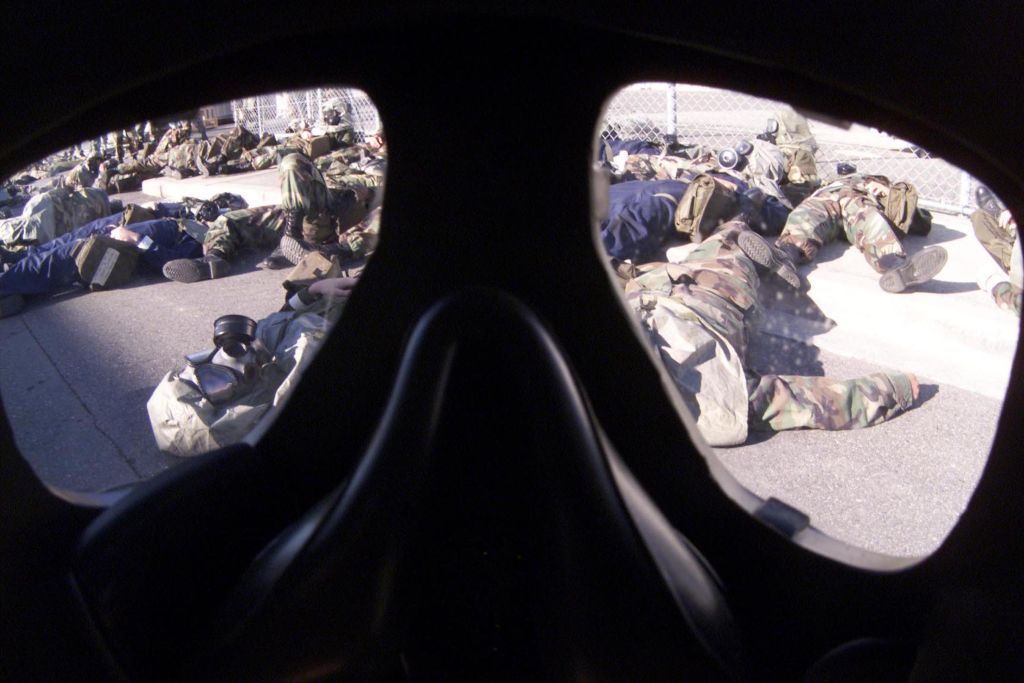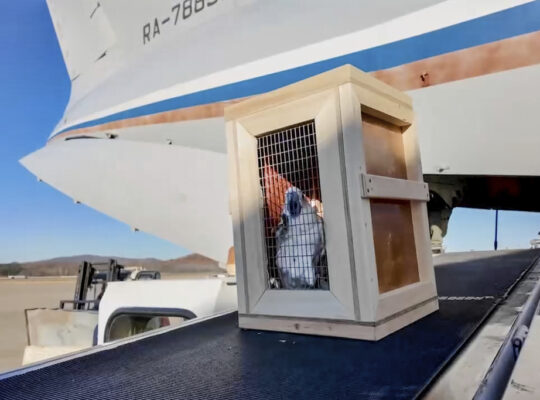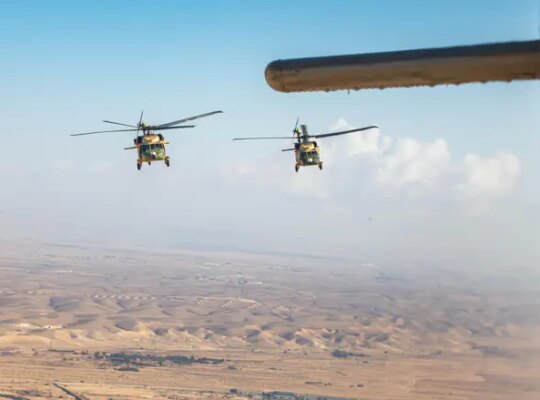
Iran has developed a powerful chemical weapon based on synthetic opioids that can render entire units of soldiers helpless within minutes.
The US and its allies have warned for years that Iran is developing pharmaceutical-based weapons in breach of the 1997 Chemical Weapons Convention. A recent U.S. State Department report revealed that Iran’s Chemistry Department at Imam Hossein University attempted to acquire large quantities of medetomidine, a veterinary sedative, from Chinese suppliers in 2014. The quantity sought – enough for over 10,000 doses – far exceeded any legitimate research needs.
Further confirmation came in September 2023 when Iranian anti-government hackers leaked documents exposing details of an Iranian military university’s development of medetomidine-based grenades, according to the State Department.
Security experts warn that these pharmaceutical-based agents (PBAs) represent a new category of threat, distinct from traditional chemical weapons. When deployed, PBAs target the central nervous system, rapidly rendering victims unconscious.
Of particular concern is the potential distribution of these weapons to Iran’s terror proxies. Although Israel’s military campaigns in Lebanon have dealt serious blows to Hezbollah and its massive missile stockpile, PBAs remain a viable threat as they can be easily incorporated into hand grenades and mortar shells – weapons Hezbollah still possesses in large quantities.
“Maybe you just use them to incapacitate the border guards and reach the now unprotected civilians,” Matthew Levitt, a senior fellow at the Washington Institute, tells Business Insider. “Or, you actually target and incapacitate the soldiers so you can kidnap or capture them.”
“At a time of growing regional instability in the Middle East, largely the result of the militancy of Iranian proxies, the threats posed by Iran’s weaponized PBA program can no longer be overlooked,” says Levitt.
Levying sanctions on Iran’s import of PBAs is also extremely difficult because they overlap with products used for legitimate medical purposes.
The Islamic Republic should know better than anyone the horrific toll of chemical weapons, having suffered over a million casualties from Iraqi nerve gas and mustard gas attacks during the Iran-Iraq war. Yet Tehran has shown no hesitation in deploying these weapons themselves – first using mustard gas against Iraqi forces in 1987, then employing PBAs against Syrian rebels during their civil war, and most recently through their Iraqi militias who reportedly used chemical agents to suppress civilian protesters in 2019.












